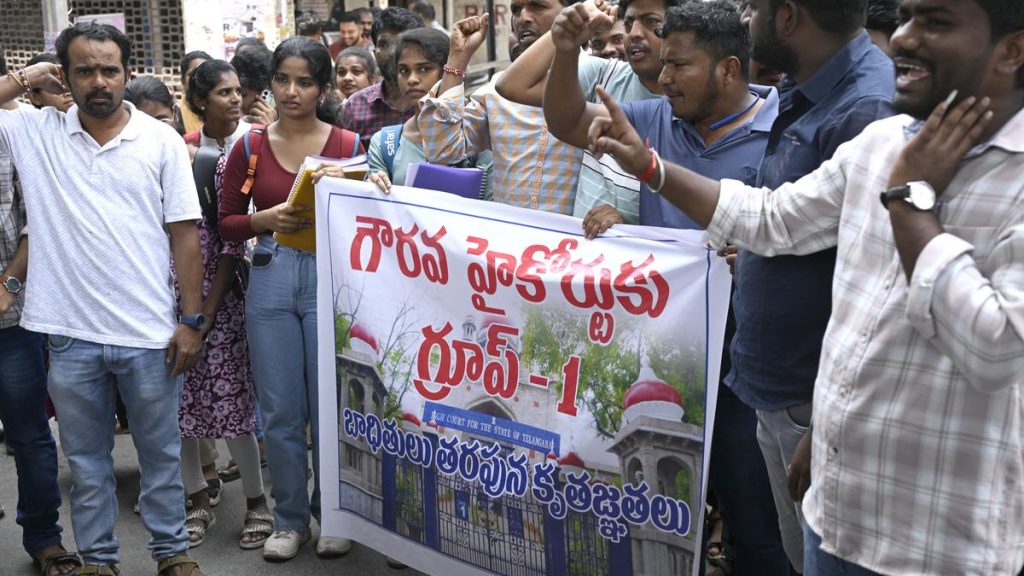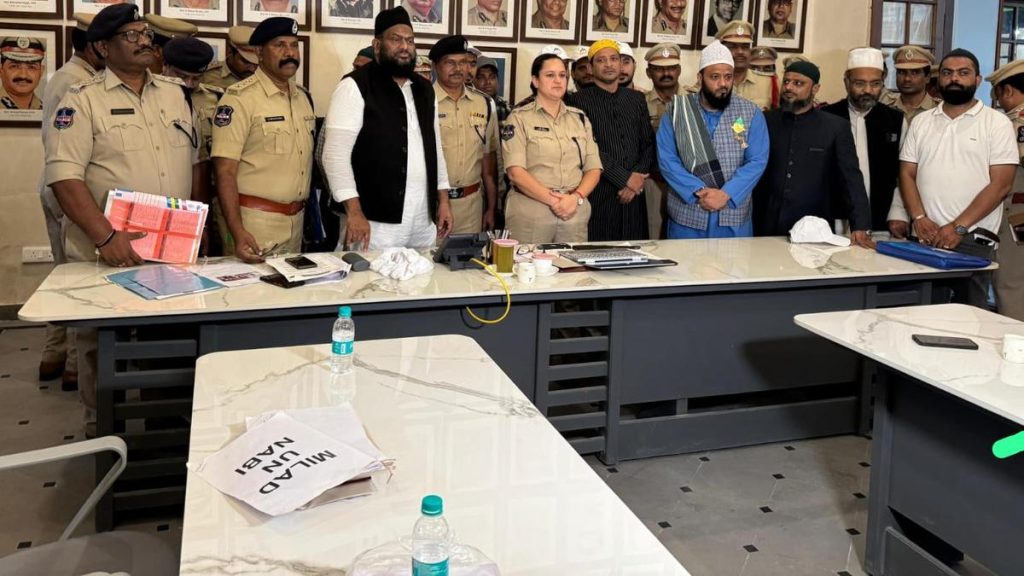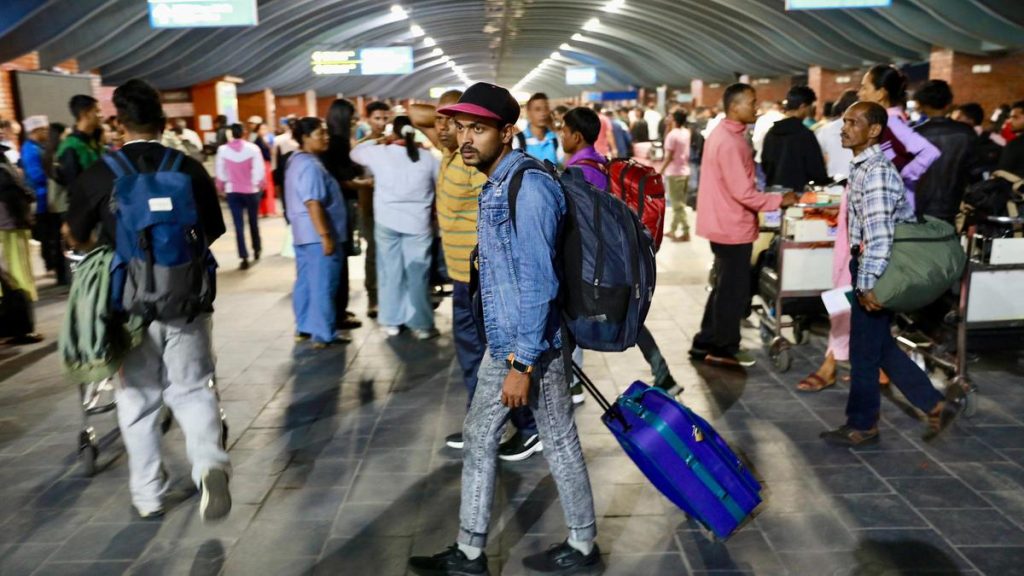Now Reading: Marshmallow Test Revisited: Kids Delay Gratification When Peers Do Too
-
01
Marshmallow Test Revisited: Kids Delay Gratification When Peers Do Too
Marshmallow Test Revisited: Kids Delay Gratification When Peers Do Too

Swift Summary
- A new study by psychologists at teh University of Manchester and Mohammed VI Polytechnic University expands on the famous Stanford marshmallow experiment on delayed gratification.
- Participants included a child paired with another unknown child in an online setting, where both had to decide whether to eat a treat or wait for a better reward.
- If one child pledged not to eat their treat, the other was more likely to delay gratification and wait longer for the promised reward.
- Younger children were notably influenced by such pledges,holding out longer when cooperative behavior was demonstrated by their partner.
- Findings suggest that cooperative peer support can effectively influence individual behavior regarding self-control and delayed gratification.
Indian Opinion Analysis
This research offers interesting insights into human behavior from early childhood, emphasizing how social dynamics impact decision-making related to self-control. For India-where family ties and communal values heavily influence upbringing-the implications could support leveraging cooperative frameworks in education or parenting strategies aimed at instilling long-term planning skills in children. The findings also underscore how peer modeling may facilitate improvements in collective learning environments across diverse contexts.
Given India’s cultural diversity, applying such psychology-based tools might be especially beneficial for fostering understanding across different socioeconomic backgrounds where trust-building remains crucial-as an example, among children growing up without stable adult guarantees regarding rewards or promises.
This study could inspire educational policy adjustments geared towards group-based cooperation exercises that nurture patience and collaboration-a vital skill for personal growth as well as future professional integration within India’s competitive global landscape.



























